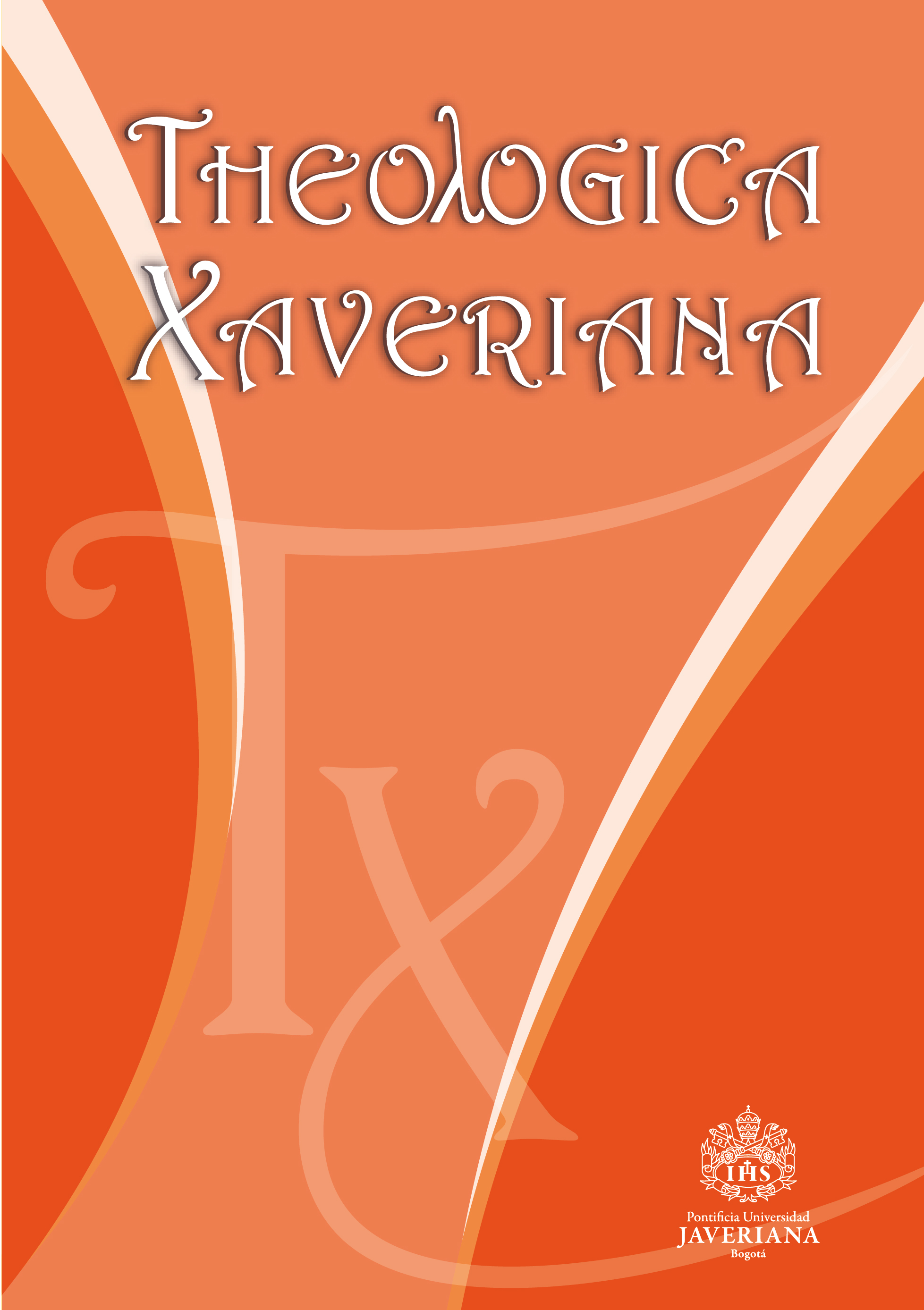Abstract
Spirituality, understood as the search for the transcendent, and the personal experience of what constitutes the object of faith, is a fundamental tenet in any religious tradition. In the case of Christianity, in all its main branches (Roman
Catholicism, Eastern Orthodoxy, and Protestantism), the importance of spirituality cannot be exaggerated. Rubem Alves (1933-2014), one of the most complex and creative thinkers that Brazilian Protestantism has produced, completely innovated the knowledge of spirituality, understood it from an erotic perspective, that is, a perspective of delight, and by the aesthesis-aesthetics experience. This paper intends to present some elements of this Alvesian understanding of spirituality.
_____. A gestação do futuro. Campinas: Papirus, 1985.
_____. A Theology of Human Hope. New York (NY): Corpus Books, 1969.
_____. Creio na ressurreição do corpo. Meditações (2.ª ed.). Rio de Janeiro: Centro Ecumênico de Documentação e Informação, 1984.
_____. Da esperança. Campinas: Papirus, 1978.
_____. O enigma da religião. Campinas: Papirus, 1984.
_____. O que é religião. São Paulo: Brasiliense, 1984.
_____. O suspiro dos oprimidos (2.ª ed.). São Paulo: Paulinas, 1987.
_____. Pai nosso. Meditações (6.ª ed.). São Paulo: Paulus, 1987.
_____. Protestantismo e repressão. São Paulo: Ática, 1982.
_____. Religião e repressão. São Paulo: Loyola, 2005.
_____. “Sobre deuses e caquis”. In Da esperança, por R. Alves, 41-42. Campinas: Papirus, 1987.
_____. Tomorrow’s Child. New York (NY): Harper & Row, 1972.
_____. Variações sobre a vida e a morte ou o feitiço herético-erótico da teologia. São Paulo: Loyola, 2005.
_____. Variações sobre o prazer (Santo Agostinho, Nietzasche, Marx e Babette). São Paulo: Planeta, 2012.
Boff, Clodovis. Teologia e prática – teologia do político e suas mediações. Petrópolis: Vozes, 1978.
Butzke, Paulo Afonso. “Espiritualidade”. Em Dicionário brasileiro de teologia, editado por Fernando Bortolleto Filho, J. C. de Souza e N. Kilpp, 387-390. São Paulo: ASTE, 2008.
Caldas, Carlos. “A polifonia e o ipê-amarelo: anotações sobre o ‘primeiro’ Rubem Alves como leitor de Dietrich Bonhoeffer”. Estudos teológicos 54, Vol. 2 (2014): 271-283.
Casaldáliga, Pedro e José Maria Vigil. Espiritualidade da libertação (4.ª ed.). Petrópolis: Vozes, 1996.
Cervantes-Ortiz, Leopoldo. A teologia de Rubem Alves: poesia, brincadeira e erotismo. Campinas: Papirus, 2005.
Cox, Harvey. A festa dos foliões. Petrópolis: Vozes, 1974.
Dal Corso, Marco. Rubem Alves. Collana pensiero teologico. Brescia: Morcelliana, 2016.
Galilea, Segundo. Espiritualidade da libertação. Petrópolis: Vozes, 1975.
Gutiérrez, Gustavo. Beber em seu próprio poço. Itinerário espiritual de um povo. São Paulo: Loyola, 2000.
Huizinga, Johanes. Homo ludens. O jogo como elemento da cultura (5.ª ed.). São Paulo: Perspectiva, 2008.
Junior, Gonçalo. É uma pena não viver. Uma biografia de Rubem Alves. São Paulo: Planeta, 2015.
Mondin, Battista. Os teólogos da libertação. São Paulo: Paulinas, 1980.
McIntosh, Mark A. Mystical Theology. London: Blackwell Publishers, 1998.
O’Donnell, John. Introdução à teologia dogmática. São Paulo: Loyola, 1999.
Puleo, Mev. The Struggle is One. Voices and Visions of Liberation. New York (NY): State University of New York Press, 1994.
Reblin, Iuri Andréas. Outros cheiros, outros sabores... O pensamento teológico de Rubem Alves. São Leopoldo: Oikos Editora e Faculdades EST, 2009.
Smart, Ninian. Dimensions of the Sacred. An Anatomy of World’s Beliefs. Berkeley (CA): University of California Press, 1996.
This journal is registered under a Creative Commons Attribution 4.0 International Public License. Thus, this work may be reproduced, distributed, and publicly shared in digital format, as long as the names of the authors and Pontificia Universidad Javeriana are acknowledged. Others are allowed to quote, adapt, transform, auto-archive, republish, and create based on this material, for any purpose (even commercial ones), provided the authorship is duly acknowledged, a link to the original work is provided, and it is specified if changes have been made. Pontificia Universidad Javeriana does not hold the rights of published works and the authors are solely responsible for the contents of their works; they keep the moral, intellectual, privacy, and publicity rights.
Approving the intervention of the work (review, copy-editing, translation, layout) and the following outreach, are granted through an use license and not through an assignment of rights. This means the journal and Pontificia Universidad Javeriana cannot be held responsible for any ethical malpractice by the authors. As a consequence of the protection granted by the use license, the journal is not required to publish recantations or modify information already published, unless the errata stems from the editorial management process. Publishing contents in this journal does not generate royalties for contributors.



